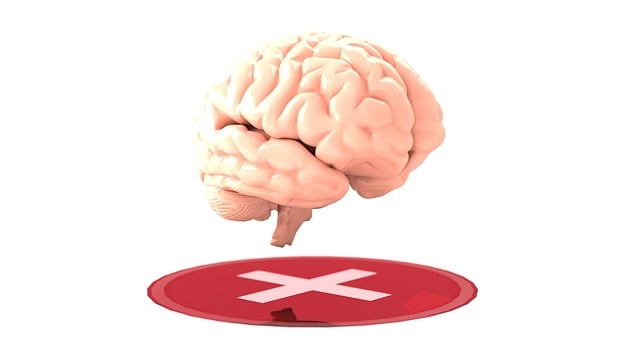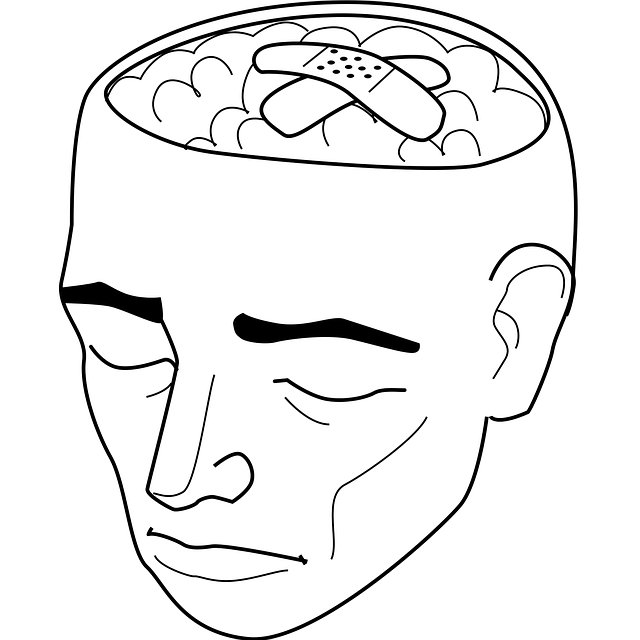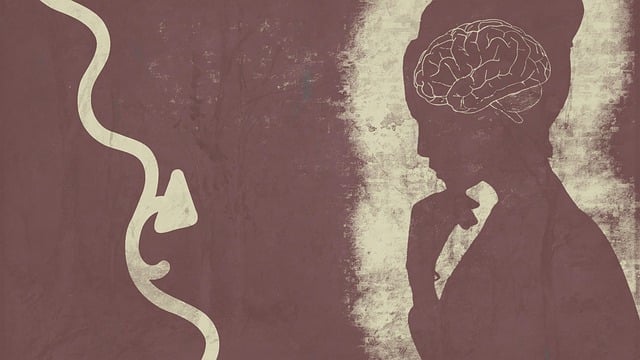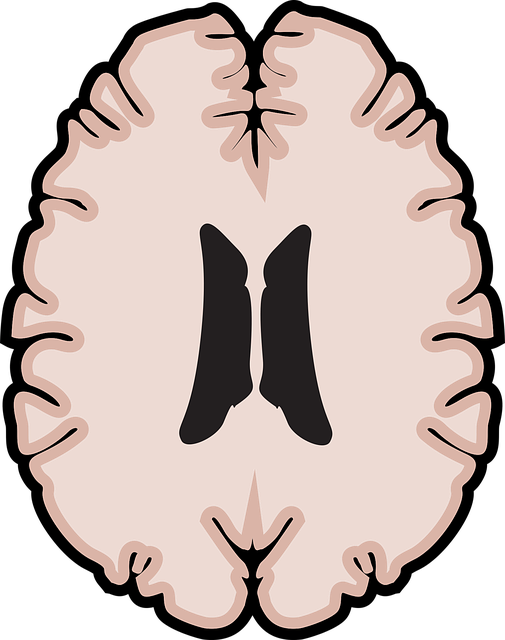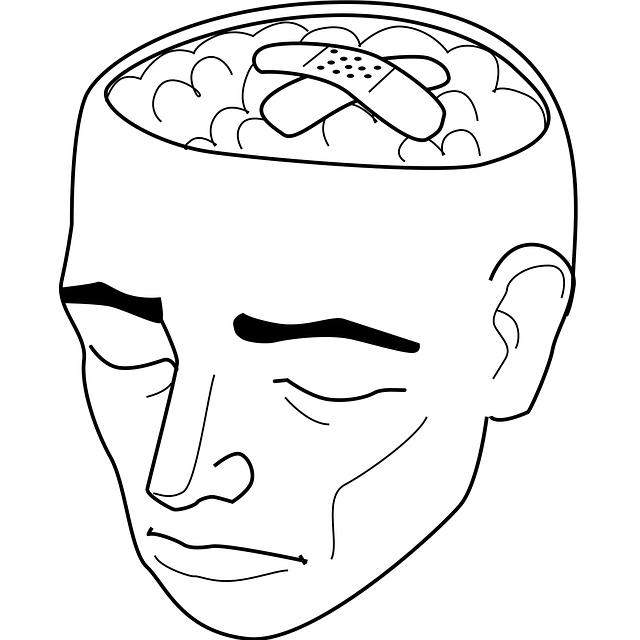In Highlands Ranch, culturally sensitive mental healthcare is vital for equitable OCD therapy. Organizations like SMWO play a key role in educating communities and addressing biases, language barriers, and cultural differences. Understanding unique cultural expressions of OCD symptoms is crucial, as different cultures interpret and manifest the disorder differently. Tailored approaches, such as adapted coping skills and resilience building strategies aligned with cultural identity, enhance treatment outcomes. By embracing cultural sensitivity, therapists can create personalized plans, foster non-judgmental environments, and improve patient relationships, ultimately revolutionizing OCD therapy for diverse communities in Highlands Ranch.
“Navigating the complex landscape of mental healthcare requires a deep understanding of cultural sensitivity, especially when addressing conditions like Obsessive Compulsive Disorder (OCD). This article explores the intricate dynamics of providing culturally competent therapy in Highlands Ranch. We delve into the impact of cultural backgrounds on OCD presentation and treatment, dispel misconceptions, and present strategies for effective cross-cultural care. Additionally, we highlight efforts to enhance access to OCD therapy for diverse communities in this vibrant, bustling metropolis.”
- Understanding Cultural Sensitivity in Mental Healthcare
- The Impact of Cultural Background on OCD Presentation and Treatment
- Challenges and Misconceptions in Cross-Cultural Therapy
- Strategies for Culturally Competent Practice in Highlands Ranch
- Enhancing Access to Care: Reaching Diverse Communities for OCD Therapy
Understanding Cultural Sensitivity in Mental Healthcare

Cultural sensitivity in mental healthcare is a vital aspect that ensures high-quality care for all individuals, regardless of their background. It involves understanding and respecting the diverse cultural beliefs, values, and practices that shape one’s experiences with mental health issues. In Highlands Ranch Obsessive Compulsive Disorder Therapy (OCD), this means adapting therapeutic approaches to align with clients’ cultural identities. For instance, some cultures may emphasize spiritual or community-based solutions to stress management, while others might prefer individualistic therapy models focusing on emotional regulation techniques.
Integrating cultural sensitivity also extends beyond therapy sessions. Organizations like the Stress Management Workshops Organization (SMWO) can play a significant role by offering educational programs and Community Outreach Program Implementations that foster cultural understanding. These initiatives help mental health professionals navigate complex issues such as unconscious biases, language barriers, and differing communication styles. Ultimately, embracing cultural sensitivity contributes to more effective treatment outcomes, stronger patient-therapist relationships, and enhanced accessibility of quality mental healthcare services for diverse communities, including those affected by OCD in Highlands Ranch.
The Impact of Cultural Background on OCD Presentation and Treatment

Understanding the impact of cultural background on Obsessive Compulsive Disorder (OCD) presentation is crucial in Highlands Ranch OCD Therapy. Different cultural groups may interpret and express their obsessions and compulsions uniquely, influenced by their values, beliefs, and life experiences. For instance, a patient from a collectivist culture might manifest OCD symptoms centered around family harmony and societal expectations, while an individual from an individualistic background may experience obsessions related to personal achievement and independence.
This cultural diversity necessitates a nuanced approach in treatment. Coping Skills Development and Mental Wellness Journaling Exercises can be tailored to address specific cultural needs. By incorporating Resilience Building strategies that resonate with the patient’s cultural identity, therapists in Highlands Ranch OCD Therapy can enhance treatment outcomes. Recognizing these cultural variations allows for more effective interventions, ensuring that every individual receives care that respects their unique background and promotes their mental wellness.
Challenges and Misconceptions in Cross-Cultural Therapy

Navigating cross-cultural therapy can pose unique challenges, especially in a diverse community like Highlands Ranch. Misconceptions and stereotypes often hinder effective treatment for individuals dealing with conditions such as Obsessive Compulsive Disorder (OCD). For instance, cultural norms might mislead therapists into assuming that certain behaviors or symptoms are not genuine or require different approaches, which can be detrimental to the patient’s progress.
Understanding these nuances is crucial in providing Trauma Support Services. Many clients come from diverse backgrounds with distinct beliefs and experiences. Self-Care Routine Development for Better Mental Health should incorporate cultural sensitivity to ensure practices resonate with each individual. Compassion Cultivation Practices have proven effective in fostering a safe space where patients can openly discuss their struggles, helping therapists gain deeper insights into their cultural contexts, ultimately enhancing the therapeutic process.
Strategies for Culturally Competent Practice in Highlands Ranch

In Highlands Ranch, cultivating cultural sensitivity in mental healthcare practice is paramount to effectively addressing diverse patient needs. Therapists can start by actively listening to and learning from clients’ unique backgrounds, incorporating their perspectives into treatment plans where feasible. This requires an open mind and genuine interest in understanding different cultural norms, beliefs, and values that may shape an individual’s experience with Obsessive Compulsive Disorder (OCD). By fostering a safe, non-judgmental environment, therapists can encourage clients to share their cultural contexts, leading to more personalized and compassionate care.
Compassion cultivation practices, grounded in mindfulness and the Mind Over Matter principles, play a significant role in building bridges between cultures. Therapists in Highlands Ranch can integrate these techniques to help clients develop self-compassion and resilience, which are essential for navigating OCD’s challenges. This approach not only enhances therapeutic outcomes but also fosters a deeper understanding of cultural sensitivity within mental healthcare practice, ultimately benefiting both therapists and their diverse clientele.
Enhancing Access to Care: Reaching Diverse Communities for OCD Therapy

In an increasingly diverse society, providing cultural sensitivity in mental healthcare is paramount to ensuring equitable access to care. This is especially crucial when addressing conditions such as Obsessive Compulsive Disorder (OCD), which can manifest differently across various cultural and ethnic groups. For instance, individuals from Asian or Hispanic backgrounds may exhibit unique symptoms or face barriers to seeking help due to cultural stigma, language differences, or a lack of understanding about OCD in their communities.
Highlands Ranch OCD therapy must be inclusive and tailored to meet the diverse needs of these communities. This involves educating both patients and families about OCD’s impact across cultures, fostering trust through culturally competent practitioners, and offering services that accommodate language barriers. By integrating emotional regulation techniques, mood management strategies, and promoting inner strength development, therapists can create a safe space for individuals from all backgrounds to receive effective Highlands Ranch OCD therapy, ultimately enhancing access to care and improving overall mental health outcomes.
In addressing Highlands Ranch Obsessive Compulsive Disorder (OCD) therapy, cultural sensitivity is paramount. By understanding how cultural background influences OCD presentation and treatment, we can dispel misconceptions and implement culturally competent strategies. These approaches ensure that diverse communities in Highlands Ranch have enhanced access to quality care, fostering more inclusive and effective mental healthcare practices.

